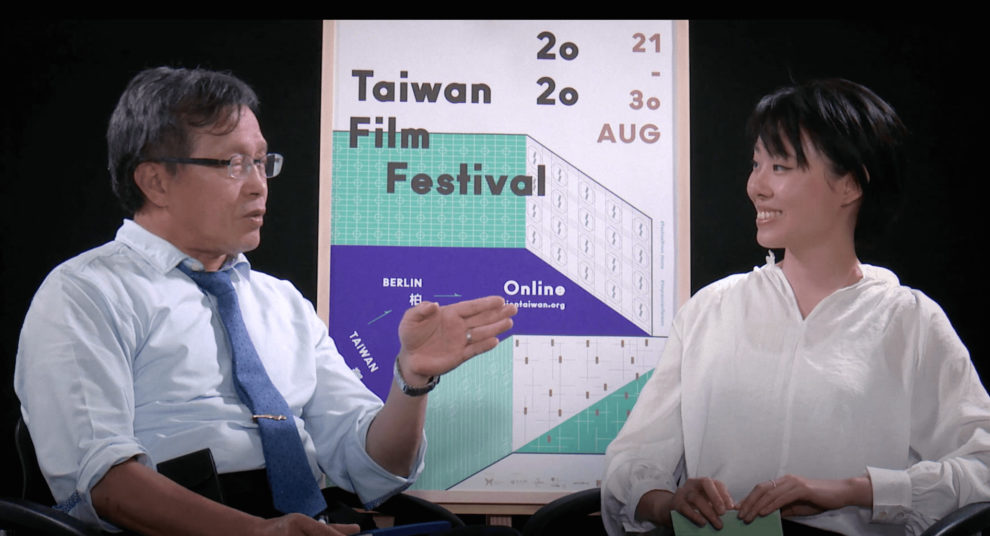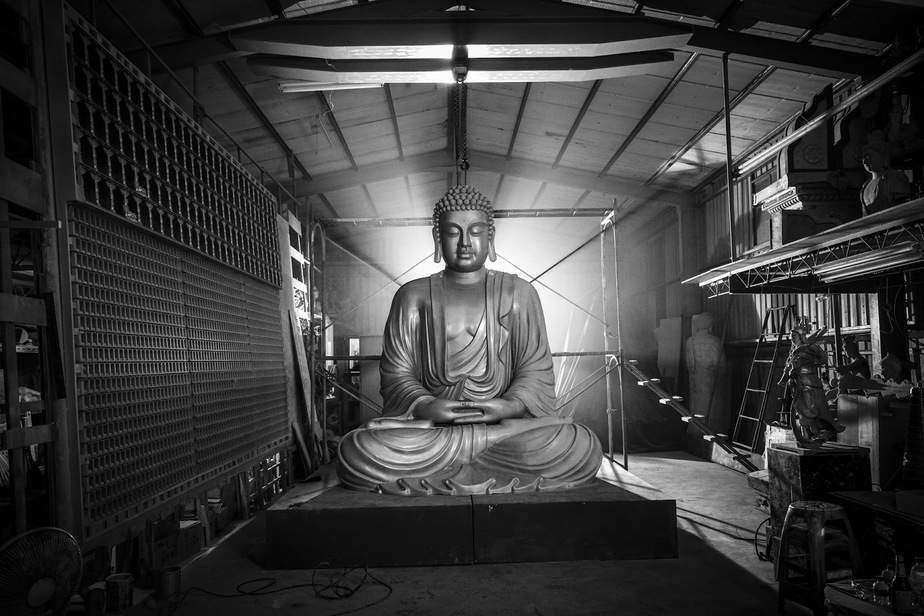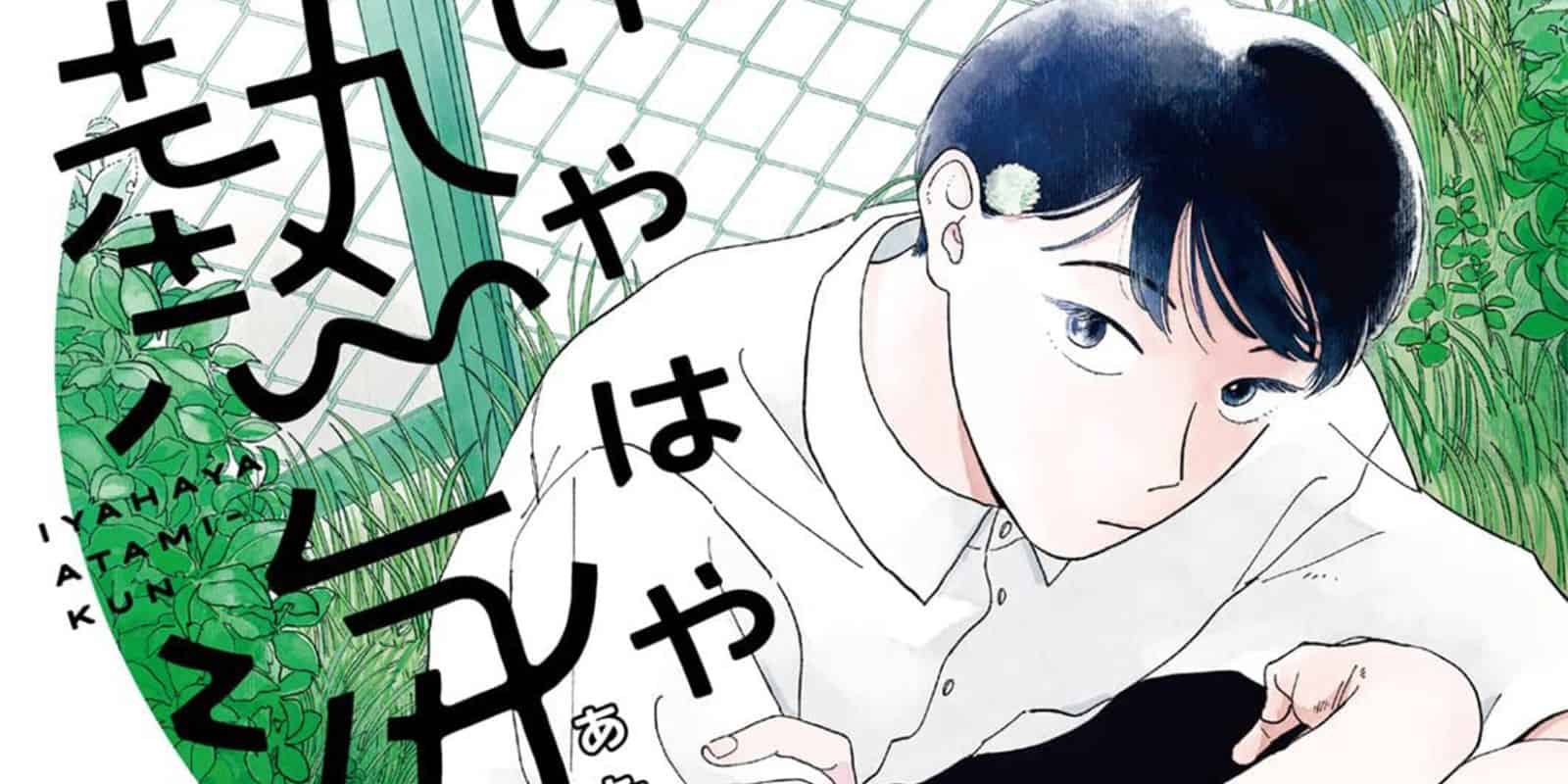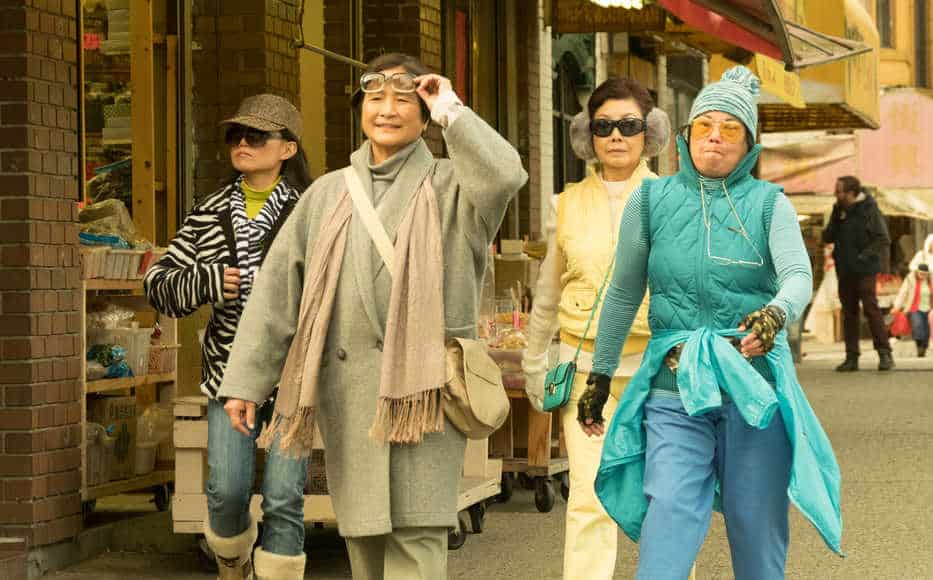The 3rd Taiwan Film Festival in Berlin is launching online on 21st August. During the pre-show talk on 7th August, the Taiwanese Ambassador to Germany- Prof. Dr. Jhy-Wey Shieh, speaks of the enduring success of Black Movies in the decades under martial law. Their popularity indicated a desperate demand for violence, bloody scenes, and thrills from the audience at the time, due to the many years of oppression, suffering, and struggle. He explains that although the movies themselves are seemingly devoid of politics, they subtly imply the highly oppressed Taiwanese
society.

Despite the global pandemic, the Taiwan Film Festival in Berlin continues to bring top-quality visual art to its audience. Rather than having to travel to the cinema, you can now sit back and enjoy nine handpicked masterworks at home. There will also be two pre-show talks: the first features Taiwan’s Ambassador Jhy-Wey Shieh, and its very own TFF curator- Jaye. The conversation revisits Black Movies during the martial law period, where Ambassador Shieh also shares childhood memories through stories and laughter.
There will also be a screening of a documentary on this subject: “Taiwan Black Movies”, by Director Hou Chi-Jan. The film tells the story of Taiwan in the 70s when the motion picture industry was in a sweeping wave of violent, bloody, and sexual visual experience: a good example would be another film from the program- “On the Society File of Shanghai”. The juxtaposition of these movies, and the relatively conservative and secluded Taiwanese society reveals the most contradictiing film trend.
Ambassador Shieh recalls that he was still in school during the martial law period, and that he had indeed watched several so-called Black Movies. Being used to the situation in his home country, he barely felt fear; instead, he had quite an enjoyable time watching those films. It was only until he came to study in Germany on a scholarship, that he became aware of the contrasts between freedom and dictatorship, and the differences between single-party dominance and democracy. The Ambassador believes that Taiwanese people were living in and around oppression, tight control, and government’s surveillance, that they “might not have been conscious of being oppressed”. He argues that the violence or visual stimulation brought by the Black Movies functioned as an outlet for people’s accumulated emotional tension, which could explain this sweeping film trend.
As particularly noted by Ambassador Shieh, these Black Movies never reveal any explicit political messages, since the public enjoyed little freedom of speech, or the right to criticise their government, “…(people) had to be careful not to convey any grievances”. Taiwan at the time was in turbulence: withdrawing from the United Nations, and the termination of diplomatic relations with the US… it was only natural that people worried about their country’s future. When so much that’s unsayable accumulates, there needs to be some outlet. Shieh points out that this is another reason accounting for the Black Movie wave.
Speaking of his close bond with films, the ambassador associates his earliest memories with his parents and sisters. The tricycle trip to the cinema with his family of 5 was fun for Shieh and is still a memory held dear to him. Like any other boy, he also asked girls out to cinemas. More recently, Shieh enjoys monthly visits to the cinema with his daughter, during her visit to Germany for her working holiday. “I’m quite pleased that she would still go with me, it’s very sweet of her.”
As to his preferences for film styles, Shieh has always been a big fan of Bruce Lee, having watched every single movie of Lee’s. Shieh’s contemporary favourites include martial arts movies featuring Kung fu stars such as Jimmy Wang Yu, or Donny Yen. Shieh also states that Taiwanese films display distinctive styles at different times, and by bringing such diversity over to German audiences, Taiwan Film Festival has also built up an effective channel for people to come to know Taiwan.
At 2 pm on opening day, there will be a concert online, titled “Songs of Taiwan”. As a collaboration project of Impression Taiwan and Hohaiyan Arts, two rising Taiwanese musicians, pianist Chia-Lun Hsu and violinist Tailing Chi, will take you through an exhilarating sonic experience. Pieces include popular songs from the 70s- “Darkening Sky”, and “Egret”, as well as new works by Taiwanese composers. Special thanks go to Tyzen Hsiao Foundation, Chih-Yuan Kuo Music Association, and the composers Ching-Ju Shih and Hsiao-Feng Chang, for kindly permitted the
performing of their works.















